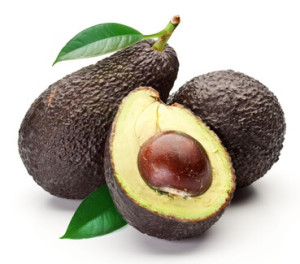The national government has promised avocado farmers in Kenya that it will review a controversial e-tax clause to exempt them from double taxation.
Briefing the press in Nairobi on March 26, Deputy President Rigathi Gachagua said he has formed a committee to review avocado taxes.
At the heart of the matter is Section 23A of the Finance Act 2023, which authorizes mandatory electronic tax filing for businesses. The filing platform known as Electronic Tax Invoice Management System (ETIMS) has drawn mixed reactions across blue collar industries.
Particularly affected is Kenya’s avocado sector, whose 2024 taxation timeline has coincided with lucrative export deals to China and India.
India slapped a 30% duty on avocado imports from Kenya after an August 2023 gazette notice on shipping regulations.
Compounded to this tariff, farmers have also had to grapple with the mandatory domestic tax, now under review.
If these two levies continue, producers expect to make next to nothing since farm gate prices have sunk. The prevailing prices in March are as low as KSH 3 ($0.024) per small piece and KSH 5 ($0.04) per large fruit.
Possible Tax Moratorium
It is with these financial challenges in mind that the deputy president is considering extending farmers a domestic tax holiday.
Before that happens, however, a new intergovernmental committee will have to conduct week-long consultations to generate policies. While any agreement the task force makes must pass through parliament for enactment, it will still presage a farmers’ victory.
More so, the government is also in the middle of negotiations with India to waiver the new import duty.
Untapped Export Potential
Securing duty exemption with emerging destinations such as India could help Kenya unlock the untapped riches in its avocado sector.
Despite being the 6th largest global avocado producer in 2023 with 430,000 tonnes, Kenya exported only 23% of its total output. The export worth clocked KSH 15 billion ($113.64 million) while the value chain hit KSH 19 billion ($143.94 million).
Local avocados grow in the Central highlands around Murang’a and Mt. Kenya, alongside the Rift Valley and Western Kenya.
Small-scale farmers cultivate 70% of avocados, with a net production that fluctuates each year depending on demand.
The avocado sector is both domestic- and export market-oriented. For export, farmers prefer to cultivate the marketable hass variety, now under an area of 30,000 hectares nationwide.
Currently, avocado farmers in Kenya are increasingly attracted to oriental destinations, namely China and India, because of their growth potential. Traditional destinations in Europe including the Netherlands, France and Spain however still account for over 60% of exports.
